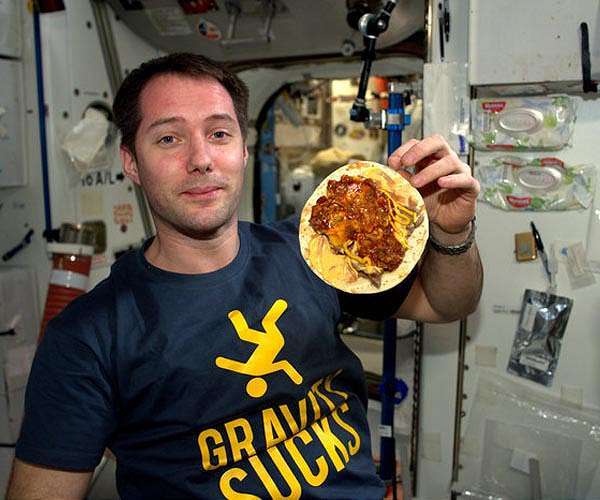12.02.2024

By exploring the microbiome of astronauts in space, we can also further understand how the space environment affects the composition and diversity of the microbiome. The unique conditions of space, such as microgravity, radiation exposure, and dietary changes, can potentially disrupt the balance of the microbiome.
Space exploration is a venture filled with complexities and risks, necessitating meticulous preparation and a deep understanding of the myriad challenges that come with living in space. At the forefront of these challenges is the health of astronauts, subjected to extreme conditions like microgravity, ionizing radiation, and significant environmental shifts. Emerging as a critical field of study in this domain is the research on the human microbiome and its adaptation to the space environment, especially for ensuring the success of long-term missions, such as those to Mars.
The human microbiome comprises a vast array of microorganisms, including bacteria, viruses, fungi, and protozoa, that live in symbiosis with our bodies, particularly in the gut, skin, and mucous membranes. These microorganisms are vital for digestion, immunity, and regulating various physiological processes. However, the unique conditions of space can disrupt this delicate balance, potentially leading to adverse health effects for astronauts. "The space environment can disrupt the balance of the microbiome, which can have adverse consequences for astronauts' health," explain my co-authors and I in our recent article in Frontiers in Microbiology.
Preparing the Microbiome for Space Flight
Astro microbiology, or the study of microorganisms in outer space, has become integral to mission planning and execution. This field encompasses understanding microbial persistence and succession in closed systems like spacecraft and habitats, and it involves developing technologies for space agriculture and the extraction of microbial secondary metabolites for medicine, flavoring, and nutritional drugs. "The microbiome's composition and function are likely to undergo changes during spaceflight," the article states, highlighting the necessity for astromicrobiological preparedness to maintain astronaut health and mission success.
Radiation exposure in space poses a significant health concern, as it differs greatly from Earth's radiation and can induce resistance to antibiotics and other potentially fatal factors in microorganisms. Understanding these effects is crucial for developing effective risk reduction strategies for space missions.
Fending Off Pathogens in Space
The study of the microbiome is also vital for understanding how space travel impacts the immune system. Microorganisms in different parts of the human body produce essential vitamins and aid in immune system development and regulation. The space environment's unique conditions, such as altered gravity, radiation exposure, and dietary changes, can disrupt the microbiome's balance, potentially affecting astronauts' health and immunity. "Changes in the composition of the intestinal flora...can increase the likelihood of infection with pathogens," underscoring the importance of maintaining a healthy microbiome to prevent infections during long-duration missions.
Opportunities and Challenges
Exploring the microbiome in space not only helps in understanding potential health risks but also opens avenues for discovering new microorganisms with unique properties. These findings can be leveraged for developing new drugs, antimicrobial agents, and biotechnological advances. However, the study presents challenges, including the risk of pathogen spread within the spacecraft's confined environment. The suppression of astronauts' immune systems due to prolonged exposure to microgravity and the spread of antibiotic resistance genes among bacteria further complicate the situation.
Addressing astromicrobiological concerns is paramount for the success of manned deep space missions. Neglecting these aspects could significantly diminish mission success likelihood, as potential pathogen release poses immediate health risks, compromising astronauts' immune systems and task performance. "Addressing these concerns is crucial for mission success and astronaut well-being," the article concludes, emphasizing the importance of integrating microbiome research into space mission planning and execution.
Space exploration demands not only technological innovation and resilience but also a comprehensive understanding of human biology and how it adapts to the extraterrestrial environment. The study of the astronaut microbiome stands as a testament to this necessity, ensuring that as we reach for the stars, we remain grounded in our commitment to the health and safety of those who brave the unknown.
Quelle: SD

